

Join us for a Cycle Rally to Protest China’s Cultural Genocidal Policies in Tibet
From Dekyiling to Delhi
Date & Time
24th – 30th September 2024
Contact: +91 75909 20978
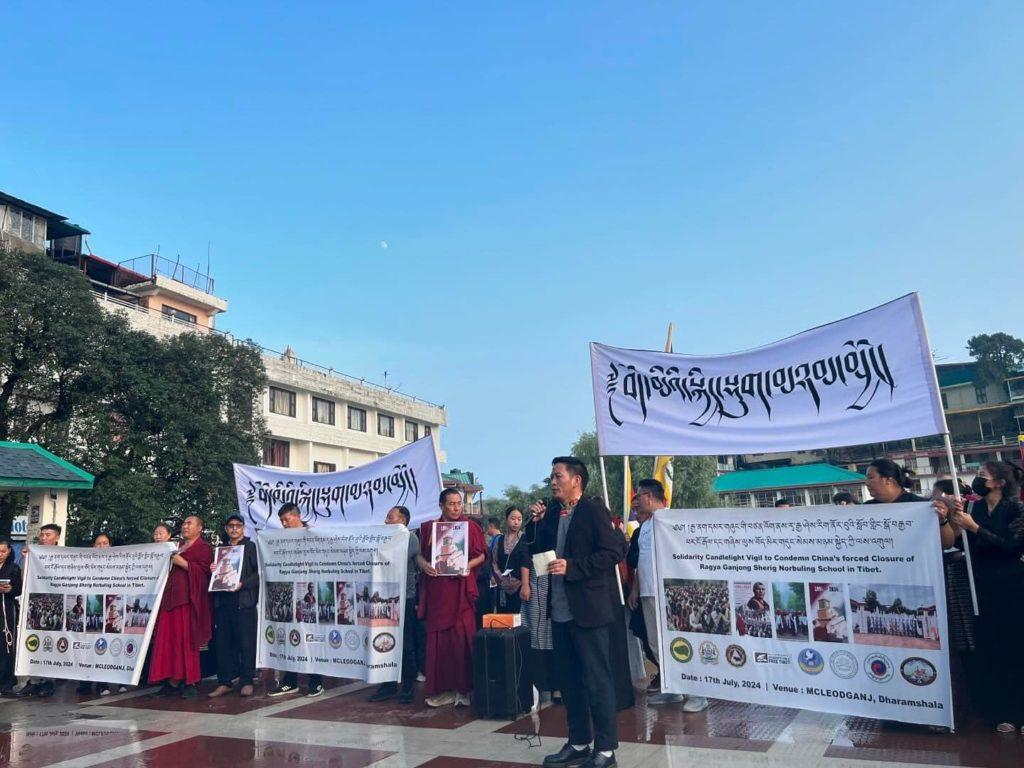

The Tibetan Youth Congress, in collaboration with seven NGOs in Dharamshala, organized a candlelight peace rally to condemn China’s forced closure of the esteemed Ragya Gangjong Sherig Norbu school in Golog. The rally aimed to stand in solidarity with Tibetans inside Tibet and condemn Chinese repression.

Meeting with Indian College Students Participating in the Gurukul Programme

On 20th June 2024, the TYC General Secretary, Sonam Tsering la, along with other NGO representatives, met with Indian college students participating in the Gurukul Programme of the Delhi-based Foundation for Universal Responsibility of His Holiness the Dalai Lama. The meeting, held at the TYC office, included a briefing on TYC and the overall Tibetan freedom movement.
The NGO representatives answered a wide range of questions posed by the participants on critical human rights issues in Tibet and the exile freedom movement. At the request of one of the participants, the TYC General Secretary recited two of his poems that portray the challenges faced by Tibetans in exile and their spirit of activism.
The organizing representative thanked TYC for providing the venue and expressed their gratitude to the representatives for their time and resources.

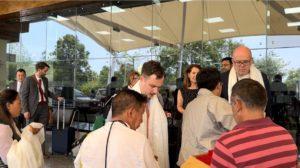
US Delegation Visit in Dharamshala:
On 19th June 2024, the Tibetan Youth Congress General Secretary and Social Service Secretary warmly bid farewell to the U.S. Congress bipartisan delegation, led by Representative Michael McCaul, in Dharamshala. As a token of gratitude for their unwavering support of Tibet’s just cause, TYC presented them with Khataks and a TYC memento.

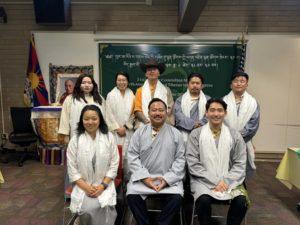
TYC President Gonpo Dhundup formally inducted the newly elected executive members of RTYC Minnesota. He expressed gratitude to the outgoing President, Tenzin Choesang, and the entire team for their contributions. He also congratulated the new President, Tenzin Palsang la, and the team, wishing them a successful tenure.
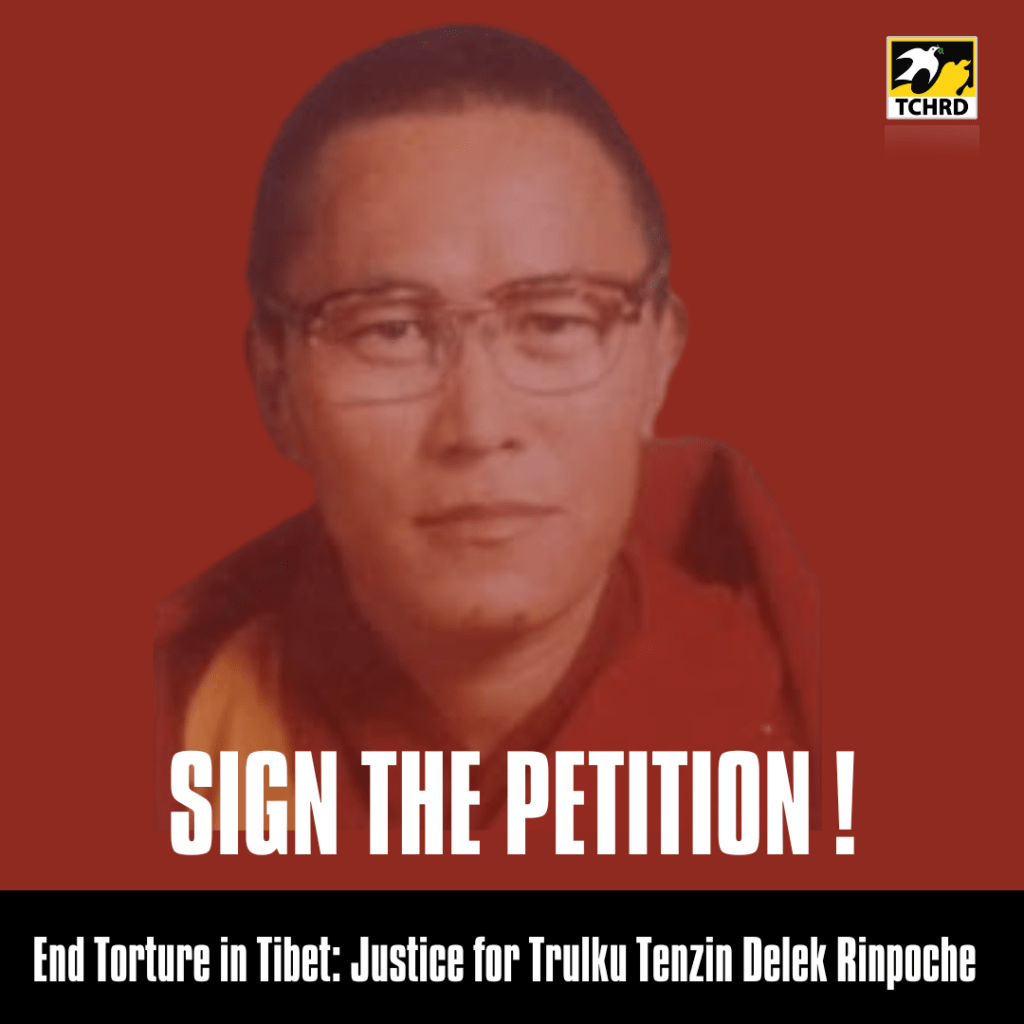
End Torture in Tibet: Justice for Trulku Tenzin Delek Rinpoche and all Tibetan political prisoners
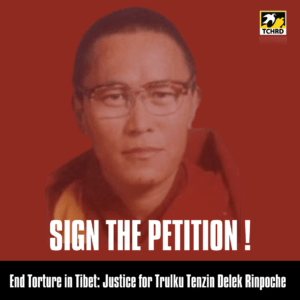
On this solemn occasion, marking the 37th anniversary of the United Nations Convention Against Torture, the Tibetan Centre for Human Rights and Democracy (TCHRD), Tibetan Youth Congress, Students for Free Tibet and Tibetan Women’s Association stand in solidarity with the Tibetan human rights defenders, dissidents, and activists who have endured and continue to endure torture in and outside detention centres and prisons across Tibet.
In Tibet, torture remains a pervasive tool employed by Chinese authorities inside prisons and detention centres with electric shocks, beatings, prolonged solitary confinement, and more used not just to inflict physical pain but also to break the spirit of Tibetan political prisoners. The scars, both physical and psychological, leave a lasting impact even after their release, with a ripple effect on their families and communities.
Through this signature petition campaign, the four CSOs aim to shed light on the case of Trulku Tenzin Delek Rinpoche, a revered Tibetan religious and community leader who suffered wrongful imprisonment, beatings and torture, ultimately leading to his untimely death in Chinese custody. His case illustrates China’s blatant disregard for international human rights standards, including the right to be free from torture as enshrined in the Universal Declaration of Human Rights and the Convention Against Torture.
Your action is crucial now more than ever. By signing this petition, you join us in urging the Chinese government to uphold its commitments under the Convention Against Torture, conduct transparent investigations into custodial deaths like that of Trulku Tenzin Delek, and hold accountable those responsible for such egregious human rights violations. Your signature is a voice for justice and a stand against impunity.
Together, let us honour the memory of those who have suffered and demand an end to the systemic use of torture in Tibet. Sign the petition to ensure their voices are heard and their stories remembered.
Why it is important:
This petition serves as a critical call to action for governments, civil society organisations, and individuals worldwide to hold China accountable for its systematic use of torture and other forms of inhuman treatment in Tibet.
By demanding accountability and transparency, the Tibetan Centre for Human Rights and Democracy, alongside the Tibetan Youth Congress, Students for Free Tibet, and Tibetan Women’s Association, strives to seek justice for victims like Trulku Tenzin Delek, prevent future atrocities, and uphold the fundamental principles of human rights for all. Every signature represents a powerful statement supporting justice, dignity, and the rule of law.
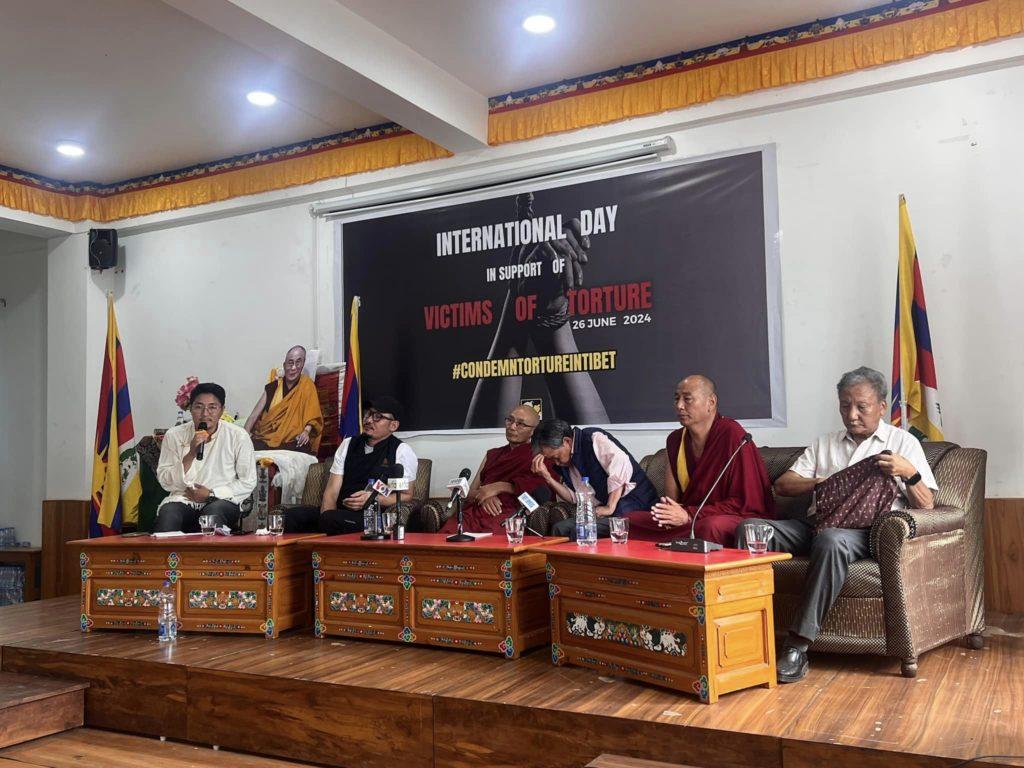
The International Day in Support of Victims of Torture
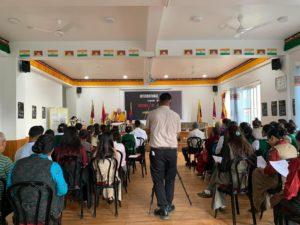
On June 26, 2024, the Tibetan Youth Congress, in collaboration with the Tibetan Centre for Human Rights and Democracy, Students for a Free Tibet, and the Tibetan Women’s Association, commemorated the International Day in Support of Victims of Torture. The event featured a panel discussion with former political prisoners, commencing with an introductory address by Miss Tenzin Dawa la, the director of TCHRD, followed by insights from Miss Phurbu Dolma, a researcher at the Centre, who presented 20 case studies of former Tibetan political prisoners. The discussion then shifted to a panel comprising five former political prisoners moderated by TYC General Secretary, Mr. Sonam Tsering la. The panel commenced with a video message from Nyima Lhamo la, the niece of the late Tulku Tenzin Delek Rinpoche.
The five invited political prisoners included Geshi Tsering Dorji, a student of the late Tulku Tenzin Delek Rinpoche; Lobsang Yonten, who endured over 17 years in prison; Gedhun Rinchen; Sherab Gyatso; and Geshe Ngawang Delek. Each shared their harrowing experiences of inhumane torture endured in prison. Following a Q&A session with attendees, the event concluded with words of gratitude from Mrs. Tsering Dolma la, the President of the Tibetan Women’s Association.
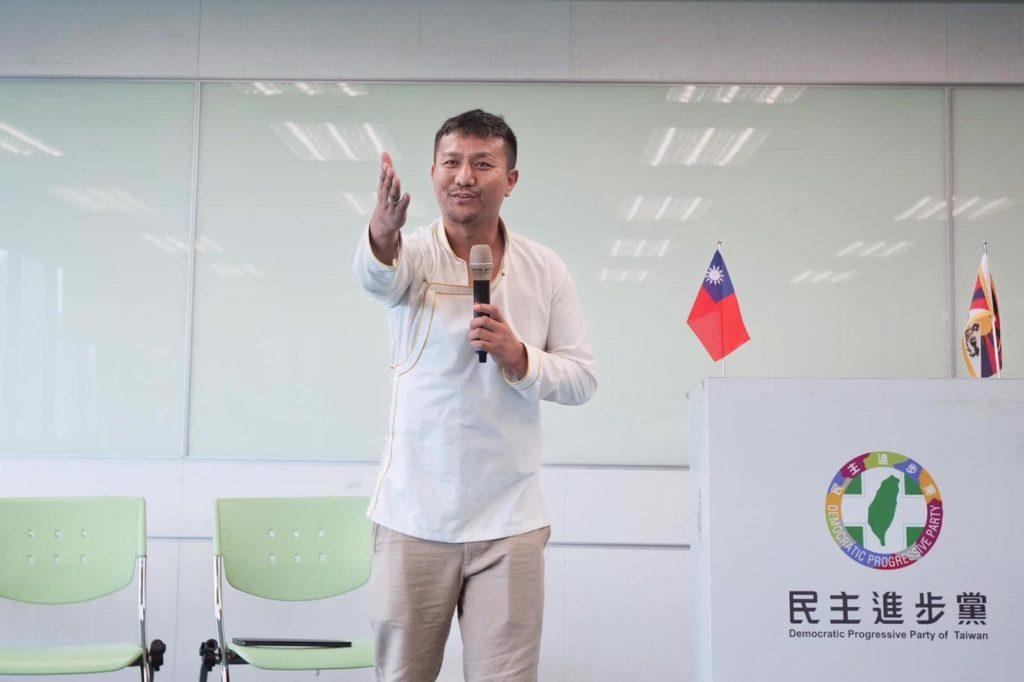
Joint Secretary participated in a Cross Movement RoundTable in Taiwan
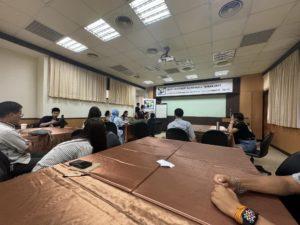
Mr. Tsering Chomphel, the Joint Secretary of the Tibetan Youth Congress, participated in a five-day Cross Movement 3rd Roundtable in Taiwan organized by Students for a Free Tibet International. The conference brought together youth activists from Tibet, Taiwan, Hong Kong, and East Turkistan. Additionally, during his visit, the Joint Secretary engaged in discussions with members of RTYC Taiwan to explore avenues for enhancing and strengthening the movement.